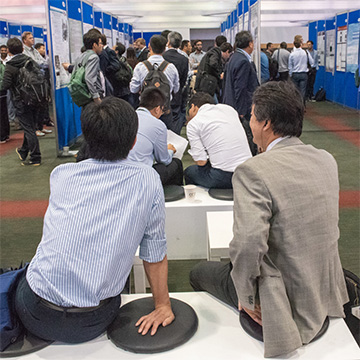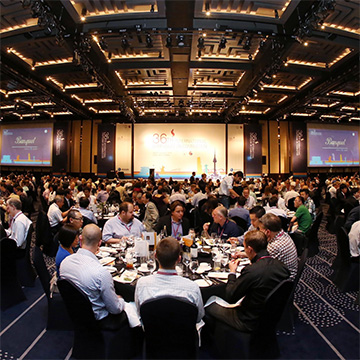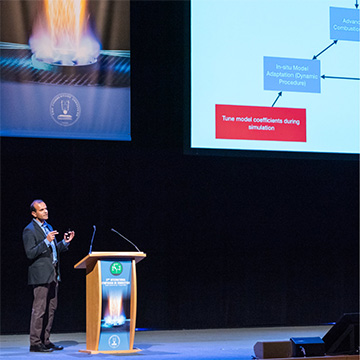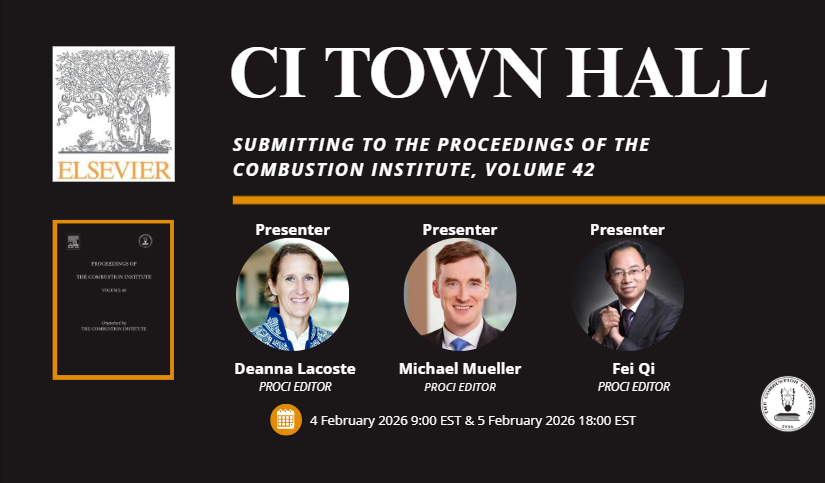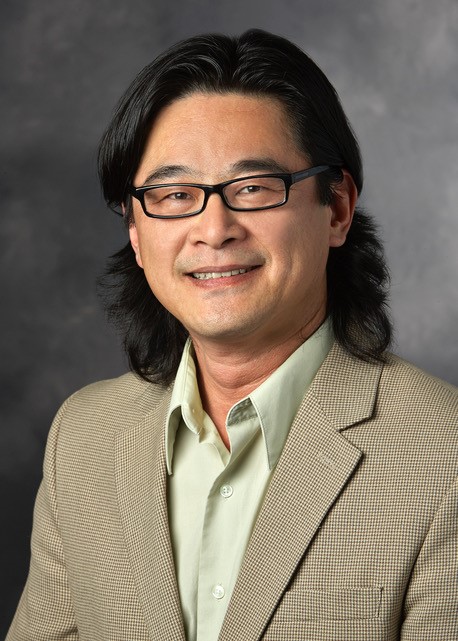About the Institute
The Combustion Institute is an international, non-profit, educational and scientific society. Founded in 1954, we promote and disseminate research activities in all areas of combustion science and technology for the advancement of many communities around the world. Our commitment to sustainability influences all aspects of our operations as we strive for a cleaner and more efficient future. We believe that fostering a diverse community of varied life experiences and backgrounds makes us stronger, more informed, and allows us to better serve our community and the world.
The International Symposium on Combustion is our world congress and major biennial meeting. For over seventy years and forty symposia, we have united the combustion community, encouraging collaboration, research, and innovation. We direct the publication of two scientific journals, Combustion and Flame, published monthly and the Proceedings of The Combustion Institute, now published annually.
Read More







